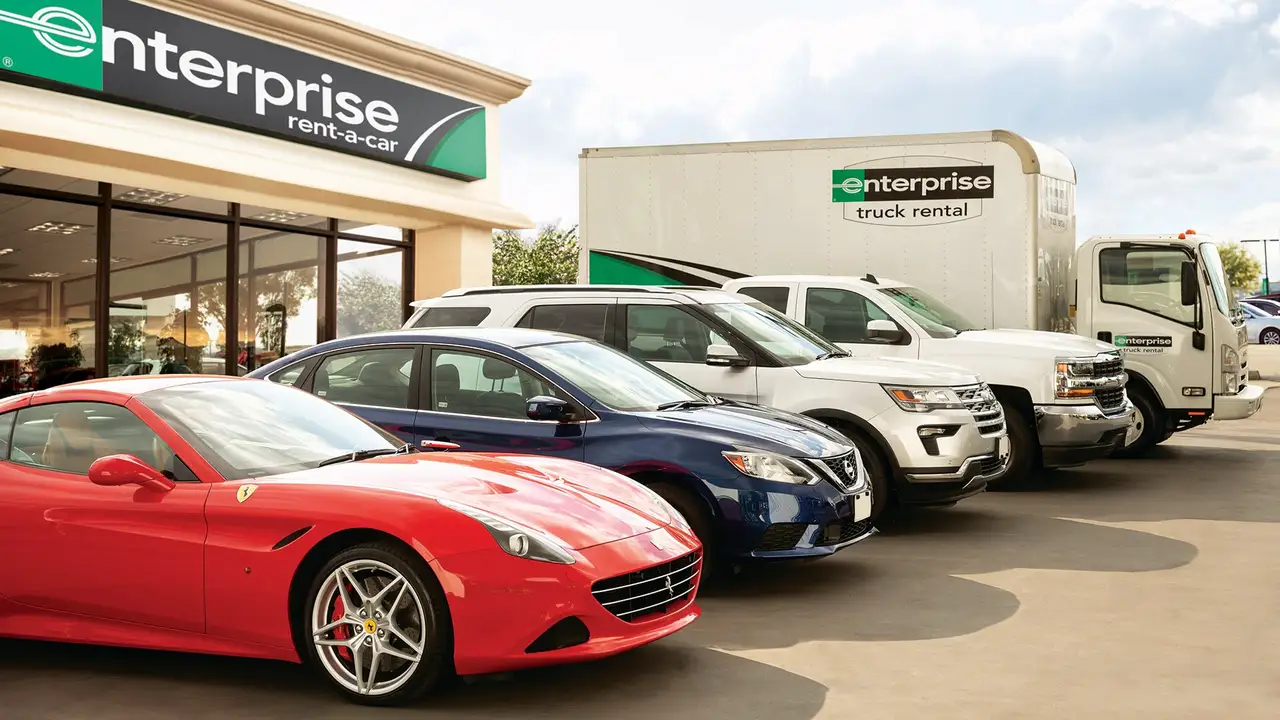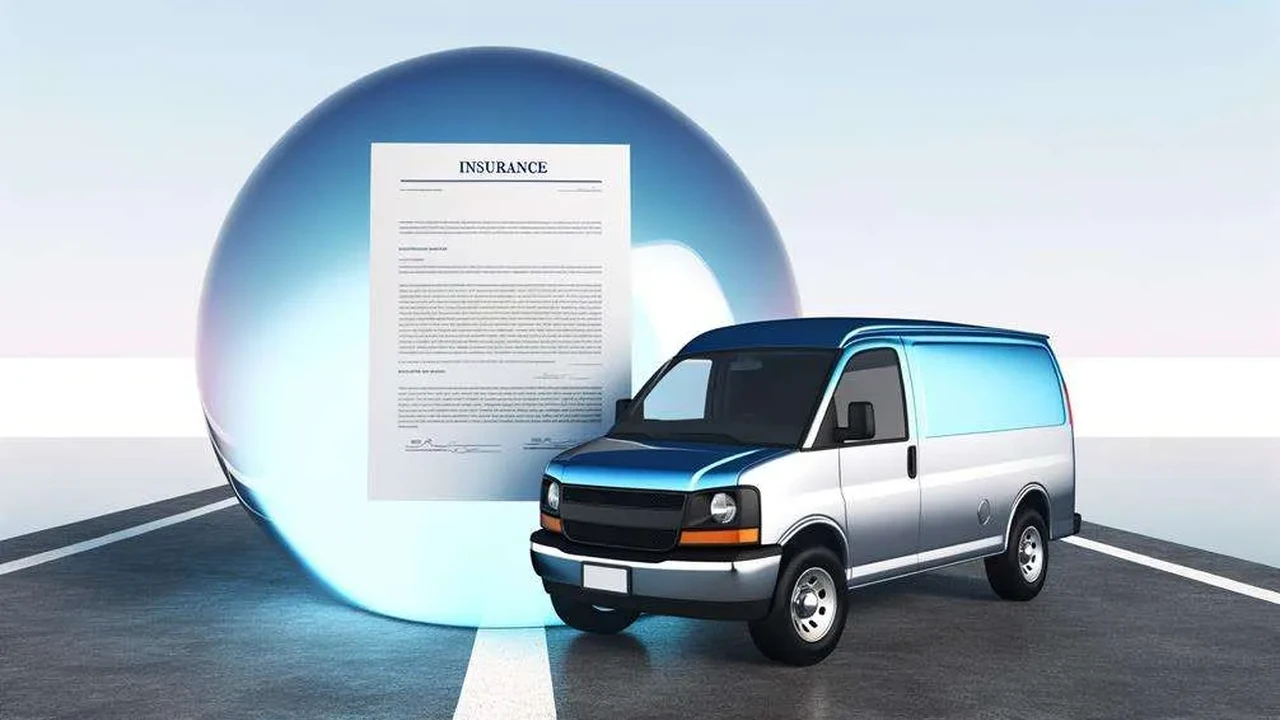Rental Car Coverage: Getting a Replacement Vehicle

Understanding Rental Car Insurance Coverage and Claim Scenarios
So, you've been in an accident, and your car's in the shop. Now what? You need a way to get around, right? That's where rental car coverage comes in. But navigating the world of rental car insurance can feel like driving through a maze. Let's break down what it is, when you might need it, and how to make sure you're covered.
Rental car coverage, also known as "loss of use" coverage, is designed to help you pay for a rental car while your vehicle is being repaired after a covered accident. It's usually an add-on to your auto insurance policy, but sometimes it's included as part of a more comprehensive package. The key thing to remember is that it usually only kicks in if the accident was your fault or if the other driver was uninsured or underinsured (depending on your policy and state laws).
Imagine this: You're cruising down the highway, and suddenly, BAM! Someone rear-ends you. Your car's a mess, and you're stuck. If you have rental car coverage and the accident was the other driver's fault, their insurance should cover the cost of your rental. But if it was your fault, or the other driver doesn't have insurance, your rental car coverage (if you have it) will come to the rescue.
Types of Rental Car Insurance Policies and Their Benefits
There are a few different ways to get rental car insurance. Let's look at the most common options:
- Rental Reimbursement Coverage (Through Your Auto Insurance): This is the most common type. It's an add-on to your existing auto insurance policy. It usually has a daily limit (like $30 or $50 per day) and a total limit (like $900 or $1500). This means you're responsible for any costs above those limits. The advantage is convenience; it's all handled through your regular insurance company.
- Credit Card Rental Car Insurance: Many credit cards offer rental car insurance as a perk. However, these policies often have limitations. They might only cover damage to the rental car itself, not liability if you cause an accident. Also, you usually need to decline the rental company's insurance for your credit card coverage to apply. Read the fine print carefully!
- Rental Car Company Insurance: When you rent a car, the rental company will try to sell you additional insurance. This can include Collision Damage Waiver (CDW), Liability Insurance Supplement (LIS), Personal Accident Insurance (PAI), and Personal Effects Coverage (PEC). While convenient, these options are often the most expensive.
- Standalone Rental Car Insurance: You can purchase standalone rental car insurance policies from various insurance providers. These policies can offer broader coverage than credit card insurance and may be cheaper than the rental company's offerings.
Factors Affecting the Cost of Rental Car Insurance
The cost of rental car insurance varies depending on several factors:
- Coverage Limits: Higher daily and total limits will generally cost more.
- Deductible: A lower deductible usually means a higher premium.
- Location: Rental car insurance can be more expensive in certain states or cities.
- Rental Car Company: Different rental companies may have different insurance rates.
- Duration of Rental: Longer rentals will naturally cost more to insure.
- Your Driving Record: A history of accidents or tickets might increase your insurance rates.
Comparing Popular Rental Car Insurance Options
Let's take a look at some specific examples of rental car insurance options and their costs (prices are estimates and can vary widely):
- Progressive Rental Reimbursement: Typically adds $5-15 per month to your existing auto insurance policy. Offers daily limits from $30-$50 and total limits from $900-$1500. Good for a basic level of coverage.
- Chase Sapphire Preferred Credit Card Rental Car Insurance: Provides primary coverage for damage to the rental car itself. Requires you to decline the rental company's CDW. Annual fee of $95 for the credit card. A solid option if you rent cars frequently and want to avoid filing a claim with your personal auto insurance.
- Allianz Global Assistance Rental Car Protector: A standalone policy that provides comprehensive coverage for damage, theft, and loss of use. Costs around $9 per day. A good choice for longer rentals or when you want broader coverage than your credit card offers.
- Rental Car Company CDW (Collision Damage Waiver): Varies widely, but typically costs $10-30 per day. Eliminates your responsibility for damage to the rental car, regardless of fault. Convenient but expensive.
Choosing the Right Rental Car Insurance For Your Needs
So, how do you choose the best rental car insurance for your situation? Consider these questions:
- How often do you rent cars? If you rent frequently, a credit card with rental car insurance or a standalone policy might be worth it.
- What level of coverage do you need? Are you primarily concerned about damage to the rental car, or do you also want liability coverage?
- What's your deductible? Are you comfortable paying a higher deductible in exchange for a lower premium?
- How much can you afford? Rental car insurance can be expensive, so make sure you factor it into your budget.
- What does your existing auto insurance policy cover? Some policies already include some level of rental car coverage.
Specific Product Recommendations and Usage Scenarios
Option 1 Allianz Global Assistance Rental Car Protector
Product: Allianz Global Assistance Rental Car Protector Usage Scenario: Ideal for individuals or families planning an extended road trip, especially in unfamiliar areas. This policy offers comprehensive coverage, including collision damage waiver, theft protection, and loss of use reimbursement. Comparison: Compared to rental car company CDW, Allianz is often more affordable for longer rental periods. Unlike credit card insurance, it typically offers broader coverage, including liability protection. Price: Approximately $9 - $12 per day, depending on the state and coverage options.
Option 2 Chase Sapphire Preferred Credit Card
Product: Chase Sapphire Preferred Credit Card Usage Scenario: Best suited for frequent travelers who rent cars regularly. The card's primary rental car insurance covers damage or theft of the rental vehicle, allowing you to decline the rental company's CDW. Comparison: While convenient, this coverage is limited to damage to the rental car. It does not include liability coverage, which protects you if you cause an accident. It also has an annual fee. Price: $95 annual fee for the credit card.
Option 3 Progressive Rental Reimbursement
Product: Progressive Rental Reimbursement Coverage (Add-on to Auto Policy) Usage Scenario: A good option for drivers who want a basic level of rental car coverage without the hassle of purchasing a separate policy. It provides reimbursement for rental car expenses while your vehicle is being repaired after a covered accident. Comparison: This coverage is typically more affordable than standalone policies or rental car company insurance, but it comes with lower daily and total limits. It also usually only applies if the accident was your fault or if the other driver was uninsured. Price: $5 - $15 per month added to your existing Progressive auto insurance policy.
Navigating Rental Car Company Insurance Options
When you pick up your rental car, you'll likely be bombarded with offers for additional insurance. Here's a quick rundown of what those options are:
- Collision Damage Waiver (CDW): This waives your responsibility for damage to the rental car, regardless of fault. It's the most common type of rental car insurance.
- Liability Insurance Supplement (LIS): This increases the liability coverage provided by the rental company. It protects you if you cause an accident and injure someone or damage their property.
- Personal Accident Insurance (PAI): This covers medical expenses and accidental death benefits for you and your passengers.
- Personal Effects Coverage (PEC): This covers the loss or damage of your personal belongings while they're in the rental car.
Before you agree to any of these options, check your existing auto insurance policy and credit card benefits to see what coverage you already have. You might be paying for duplicate coverage.
Common Mistakes to Avoid When Renting a Car
Renting a car can be stressful, especially after an accident. Here are some common mistakes to avoid:
- Not reading the rental agreement carefully: Make sure you understand the terms and conditions of the rental agreement, including the insurance coverage.
- Not inspecting the car before driving off: Check for any existing damage and document it before you leave the rental lot. This will prevent you from being charged for damage you didn't cause.
- Not understanding the insurance coverage: Know what's covered and what's not before you decline or accept additional insurance.
- Not returning the car on time: Late returns can result in hefty fees.
- Not filling up the gas tank: Rental companies often charge exorbitant rates for refueling.
Maximizing Your Rental Car Coverage After an Accident
If you've been in an accident and need a rental car, here are some tips to maximize your coverage:
- Contact your insurance company immediately: They can help you understand your coverage and file a claim.
- Shop around for the best rental car rates: Compare prices from different rental companies to find the best deal.
- Keep all your receipts: You'll need them to file a claim with your insurance company.
- Document everything: Take photos of the damage to your car and the rental car.
- Be patient: Dealing with insurance companies can take time.
Future of Rental Car Insurance and Replacement Vehicles
The world of rental car insurance is constantly evolving. With the rise of ridesharing services and autonomous vehicles, the demand for traditional rental cars may shift. Insurance companies are adapting to these changes by offering more flexible and on-demand rental car insurance options.
For example, some companies are experimenting with usage-based insurance, where you only pay for the coverage you need, when you need it. This could be a more affordable option for people who only rent cars occasionally.
As technology continues to advance, we can expect to see even more innovative rental car insurance solutions in the future.
:max_bytes(150000):strip_icc()/277019-baked-pork-chops-with-cream-of-mushroom-soup-DDMFS-beauty-4x3-BG-7505-5762b731cf30447d9cbbbbbf387beafa.jpg)






